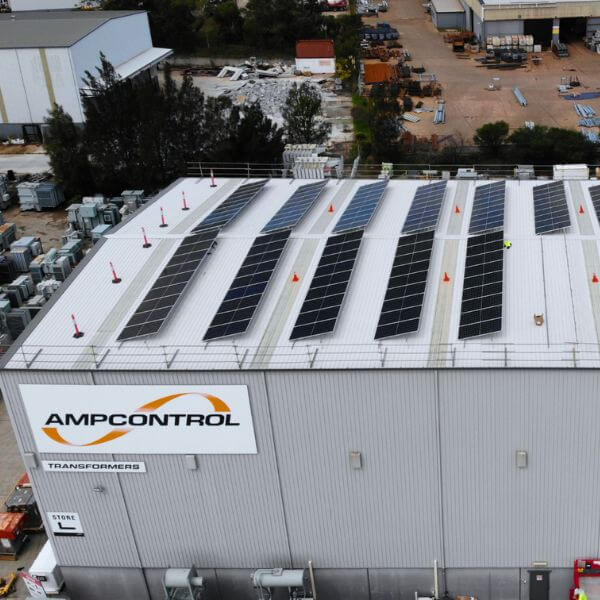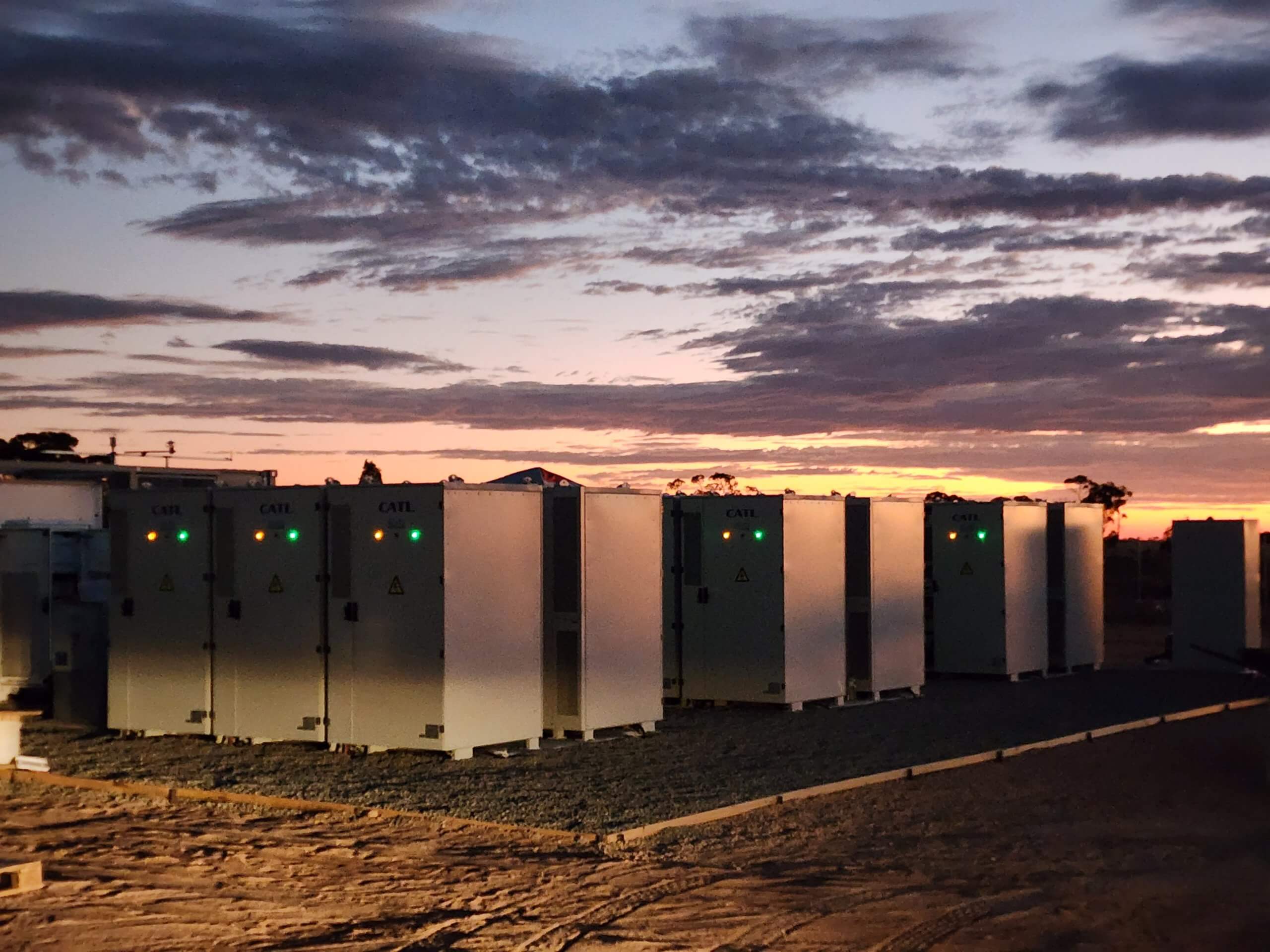- Resource adequacy and generator retirements: maintaining a balance of supply and demand as coal-fired power stations retire and renewables, energy storage and demand flexibility enter the system.
- Essential system services: keeping the power system secure by maintaining the right levels of technical services – things like system strength, inertia, voltage and frequency).
- Integrating demand flexibility: looking for ways to support a growing role for distributed energy resources (like rooftop PV and energy storage) and demand flexibility in our regulatory and market frameworks.
- Transmission access reform: Looking at changing the way generators access the transmission network, including what they are required to pay.














